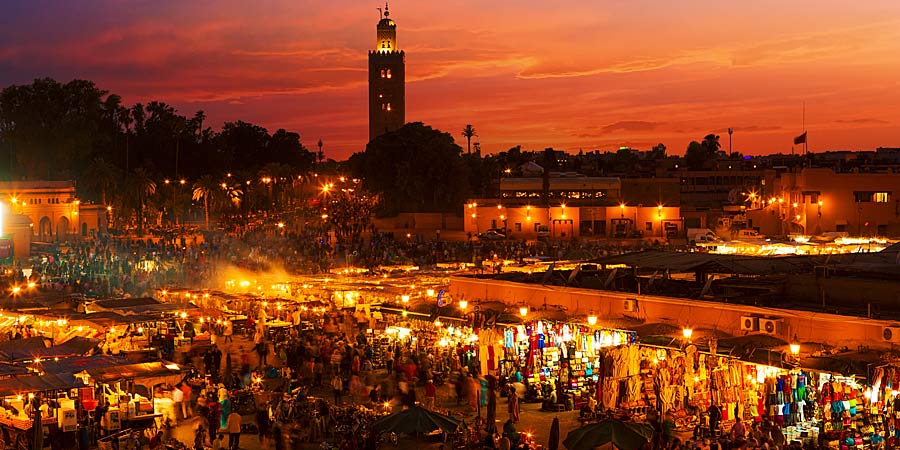We all love to keep a little something to remind us of the adventures we take abroad, but sometimes it's hard to choose the right souvenir to summarise your time away - especially if your destination is particularly new to you. To help you find the perfect gift for your friends and family, or just a keepsake for yourself, follow our handy guide to souvenir buying.
1. Ignore the tricks
Holidaymakers are known for their big spending, having saved money to splash out on their time away. Unfortunately, where there is money to be made, there are also scams to cheat unwitting travellers out of a few bucks, and souvenir shopping is no exception. There are many tricks used to convince eager tourists that the quality of an item is higher than it truly is, or even to try to pass off replicas as rare materials.
A well-known example in China is the use of glass or even hard plastic to made replica jade jewellery. To convince customers that this is true jade, vendors will often demonstrate the hardness of the material, by making scratches on a mirror with the item in question. The giveaway here (other than the fact jade is too precious to risk with such a demonstration) is that jade typically comes with a high price tag - whilst counterfeits are sold for less than a tenth of the value. If you are looking to buy jade, seek out a specialist retailer, and be prepared to pay a hefty price - and to make a customs declaration on exiting the country.
2. Know the price of the souvenir you're looking for
Whatever you choose to buy as a reminder of your holiday, be sure you know the going rate for an item before you buy it. Being aware of a typical price range will both help ensure you don't get ripped off, but also that you avoid low-priced forgeries and counterfeits.
3. Take a local guide with you
A trusted local guide or expert on the region is an invaluable resource, especially in countries where you may not speak the language. If you aren't travelling with a guide, your hotel may be able to offer some assistance.
4. Be prepared to walk away
This is an especial advantage in situations where bartering is common. By walking away from an item and seeking to take your business elsewhere, you often find that vendors are willing to offer a more competitive rate.
5. Pay what you are comfortable with
The value of a souvenir is not just market-driven - it is also personal. One man's trash is another's treasure, and with souvenirs, it is not necessarily the most tasteful item on the shelf that will long keep your holiday memories alive, but the one that most speaks to your experience of a destination. If something truly catches your heart, make sure you pay what it is worth to you - don't feel pressured into a price by a vendor, even if you are sold on a particular item.
6. Choose the right vendor
Whilst browsing the markets of far-flung destinations has its benefits, some items are best purchased from more established vendors. For high-end or luxury goods, be sure to approach a specialist store, rather than a souvenir shop. Whilst lower prices can favour smaller outlets, there is always a risk over quality and authenticity. When purchasing big ticket items, be sure to visit a specialist for added security.
7. Credit, not cash
For added reassurance on all purchases, try to use credit card or, where accepted, travellers' cheques, rather than cash. Whilst this might prove tricky in more obscure destinations, it can be a valuable way of protecting your purchases, allowing you to potentially claim a refund on mis-sold items.
8. Be careful, even in 'official' shops at tourist attractions
Whilst official shops run by attractions themselves are often a safe route, there is still a lot of money to be made selling cheap junk to travellers - some of which appears even in bona fide establishments. Remember that some tourist hotspots are fairly remote, meaning that you are part of a captive audience; this can result in price hikes and low quality merchandise.
9. Choose souvenirs that will last
On a practical note, it's important to be sure your souvenir will last as long as your memories will. Watch out for fragility, and always protect any mementoes appropriately for your return journey.
10. Consider free souvenirs for an authentic reminder
If authenticity is your primary concern, the perfect holiday reminder may be completely free. Many travellers keep collectibles such as seashells, photographs, bottle caps from local beers, and tickets from their travel, as a genuine, yet entirely free token of their adventures. Perhaps think about saving items you naturally pick up along your way, for





